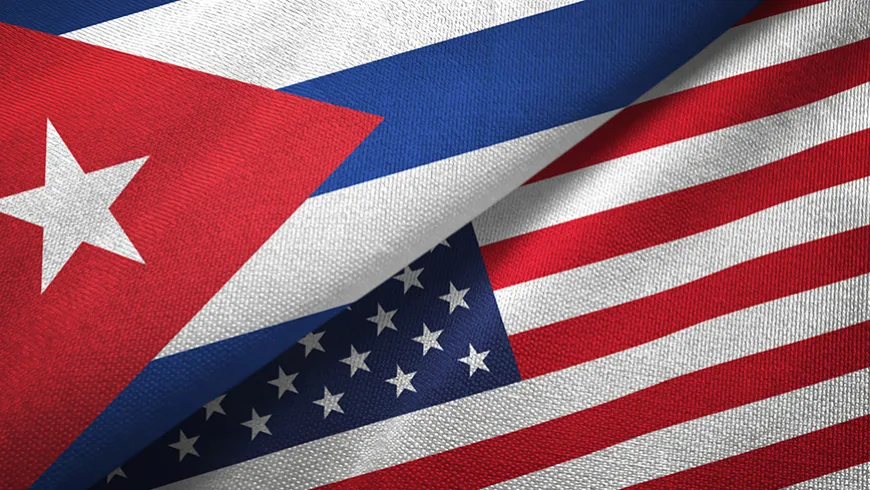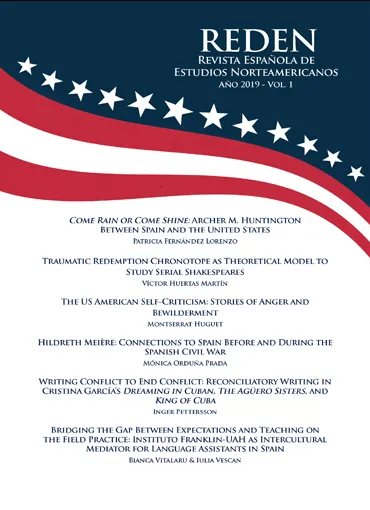
The building of bridges between Cuba and the US has been ongoing for a long time, not least by artists. Reconciliation work preceding the commencement of diplomatic relations between Cuba and the US encompasses, for example, Cristina García's novels that concentrate on the divisiveness between families and politics within the Cuban communities, focusing on the island Cubans and the US Cuban diaspora. Through her characters, most of them indulging in extreme positions regarding Cuba and the Cuban regime, García's fiction gives life to polarized politics. In this article I argue that García’s novels Dreaming in Cuban, The Agüero Sisters, and King of Cuba take on the task of lessening polarizations with the aspiration of furthering reconciliation processes. In Dreaming in Cuban, my reading highlights the active mediating and translating role of Pilar and I argue that she is a significant figure of reconciliation. In what follows I use the concept of translation, mainly metaphorically, to explore García's writing as "reconciliatory" and as a way to understand how she links fiction and reality.


